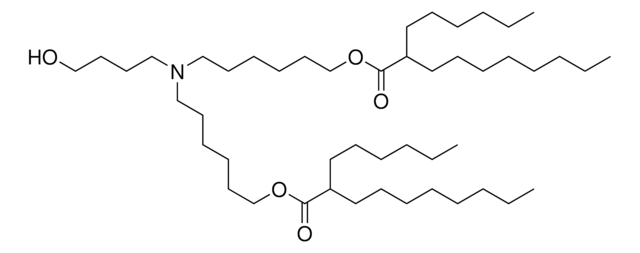C-12901
Human Mononuclear Cells (hMNC)
Isolated from cord blood, single donor, ultra-pure, 25 million cryopreserved cells
About This Item
Recommended Products
biological source
human umbilical cord blood
packaging
pkg of 25,000,000 cells
morphology
(mononuclear)
technique(s)
cell culture | mammalian: suitable
shipped in
dry ice
storage temp.
−196°C
General description
Cell Line Origin
Application
Quality
Warning
Subculture Routine
Other Notes
Disclaimer
Storage Class Code
12 - Non Combustible Liquids
WGK
WGK 1
Flash Point(F)
Not applicable
Flash Point(C)
Not applicable
Choose from one of the most recent versions:
Certificates of Analysis (COA)
Sorry, we don't have COAs for this product available online at this time.
If you need assistance, please contact Customer Support.
Already Own This Product?
Find documentation for the products that you have recently purchased in the Document Library.
Articles
Mononuclear cells isolated from umbilical cord blood and adult peripheral blood and maintenance medium optimized for short term cultivation. Protocols for handling, cell passaging, media, and product use.
Cryopreserved blood cells and cell culture media for CD34+ human hematopoietic progenitor stem cells, monocytes, PBMCs, macrophages, dendritic and T-cells. Explore over 350 PromoCell products on Sigma.com.
Protocols
Mononuclear cells isolated from umbilical cord blood and adult peripheral blood and maintenance medium optimized for short term cultivation. Protocols for handling, cell passaging, media, and product use.
Our team of scientists has experience in all areas of research including Life Science, Material Science, Chemical Synthesis, Chromatography, Analytical and many others.
Contact Technical Service





